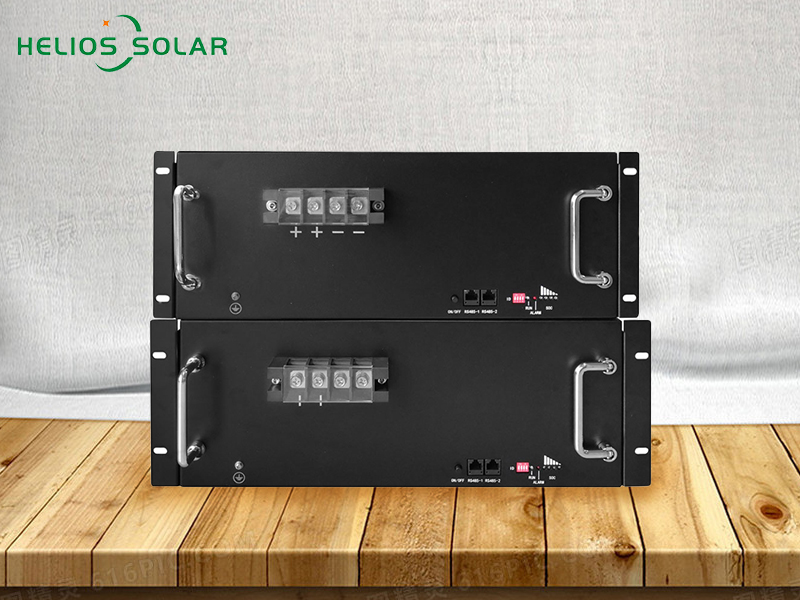As technology develops, batteries are becoming an increasingly important part of our daily lives. From powering smartphones and laptops to fueling electric cars, batteries are the lifeblood of many modern devices. Among the various types of batteries available, lithium batteries are very popular. In this article, we’ll explore the differences between lithium and regular batteries, explaining their unique features and benefits.
First, it is crucial to understand the fundamental difference between lithium batteries and regular batteries. Ordinary batteries, also known as disposable batteries or primary batteries, are not rechargeable. Once they wear out their energy, they need to be replaced. Lithium batteries, on the other hand, are rechargeable, which means they can be used multiple times without losing their efficiency. This ability to recharge and reuse the battery is a significant advantage of lithium batteries.
High energy density
One of the main reasons for the widespread popularity of lithium batteries is their high energy density. In simple terms, this means that lithium batteries can store a lot of energy in a small and lightweight package. Ordinary batteries, on the other hand, are larger and heavier, despite having a much lower energy density. Lithium batteries have a high energy density, so they are very convenient for portable devices such as smartphones and laptops, as they can be used for extended periods of time.
Long lifespan
In addition, lithium batteries have a longer lifespan than regular batteries. Ordinary batteries can only last a few hundred charge and discharge cycles, while lithium batteries can usually withstand thousands of cycles. This extended life makes lithium batteries a cost-effective choice in the long run, as they don’t need to be replaced as often. Additionally, lithium batteries tend to hold their charge better when not in use, ensuring they are always available when needed.
Low self-discharge rate
Another key difference is the self-discharge rate of the two batteries. Ordinary batteries have a relatively high self-discharge rate, which means they lose their charge even when not in use. Lithium batteries, on the other hand, have a much lower self-discharge rate. This characteristic makes lithium batteries ideal for devices that are used intermittently, such as emergency flashlights or backup power. You can rely on the lithium battery to keep it charged for a long time, so it’s always there when you need it.
High security
Additionally, safety is an important consideration when comparing Li-ion batteries to conventional batteries. Ordinary batteries, especially those containing heavy metals such as lead or mercury, can be harmful to health and the environment. In contrast, lithium batteries are considered safer and more environmentally friendly. This is because they do not contain toxic substances and are more resistant to spills or explosions. However, it’s worth noting that lithium batteries can still pose a risk if mishandled and require proper care and storage.
To sum up, the difference between lithium batteries and ordinary batteries is significant. Compared with ordinary batteries, lithium batteries have the advantages of rechargeability, higher energy density, longer life, lower self-discharge rate, and higher safety. These properties make lithium batteries the first choice for applications ranging from portable consumer electronics to electric vehicles. As technology advances further, lithium batteries will likely continue to dominate the battery market, driving innovation and efficiently powering our devices.
If you are interested in lithium battery, welcome to contact lithium battery manufacturer Radiance to read more.
Post time: Jun-28-2023


